This site is an attempt at collecting the best photography tutorials from the forums for quick reference , and will hopefully become a good site for beginners who want to know what 'aperture ' , 'iso' and 'shutter speed' have to do with "Exposure" - besides many other interesting topics .
I've added a few articles on the right and invite submissions from those of you interested in sharing any useful tutorials you may have .
Perhaps we could have a place to store all the best tutorials from the photography forums for easier reference !
I've added a few articles on the right and invite submissions from those of you interested in sharing any useful tutorials you may have .
Perhaps we could have a place to store all the best tutorials from the photography forums for easier reference !
I'll teach you how to do this as well :)
First of all if you are a beginner you are probably confused by all the terms used and may have just bought your first DSLR [ Digital Single Lens Reflex - basically one of those cameras that let's you change lenses ] .How many megapixels do you need ? Any camera you buy today has more than enough so don't even worry about how many a camera has - have a look at this site megapixels compared . There was also an excellent comparison done called digital vs film where a 12 meg image was blown up to the size of three storeys on a building .... 6 meg is more than enough for most people then !
If you have a compact camera you will benefit greatly by getting a DSLR regardless of which has more megapixels . Besides the many technical differences , if you have a DSLR your investment in lenses will possibly be worth the same or even more in 10 years time , even though the body of the camera will be worth very little by then .
The compact you buy for $500 today will be worth $20 in ten years if it's still going - who would buy your 12 meg compact when they have 45 meg compacts to try and give people a reason to upgrade all the time ?
If you have more money than brains then keep upgrading , it's good for the economy and the second hand market , otherwise don't 'upgrade' unless you earn a living from your photography and know why you need to upgrade .
I took this in broad daylight with an old 6 meg compact and an even older Nikon SB24 flash to illustrate the fact that a 'better' camera does not mean better pictures . Understanding means better pictures !
With the correct understanding you can take an old truck starter solenoid and use it to trigger the flash while it destroys a light bulb ....
With the correct understanding you can take an old truck starter solenoid and use it to trigger the flash while it destroys a light bulb ....
It's also more about having the right gear for a situation than having expensive gear that is too specialized to do a job you weren't expecting it to be used for .
Some of my favourite images were taken with my 6 meg D40 and the 18-200VR 'super zoom' lens . Why ? because I didn't know what I would be photographing and left the bigger cameras with their expensive lenses with limited range behind since the 18-200 covered the full range , and nobody has ever questioned the quality of this lens without examining two identical images side by side with a magnifying glass .... if you're shooting landscapes mostly at F11 you won't notice the difference between this lens and a $4000 lens - you are more likely to be biased by an exposure error of 1/3 of a stop between the two images , or a slight difference in white balance between the two , so unless you have more money than brains or actually need F2.8 or faster glass save your money .
Patea , Taranaki , New Zealand.
I read an interesting quote the other day and it went something like this : " It is a thousand times better to have common sense without education than to have education without common sense . " ! This next image may not be stunning but it shows what you can do with a versatile lens like the 18-200VR , after taking the wide angle shot [above] you can immediately zoom in for a closer view of something in the same scene . There's not much sense obsessing about the image quality of lenses that can't do this for you when you need it !
With this image I had been shopping , the D40 and 18-200 lens was on the seat next to me as always [ I wasn't planning on any photography ] and I saw the sunset starting to appear . If I had my D90 and 70-200VR lens I could not have got this shot - so always be prepared for all situations when you don't know what you will be photographing , a super-zoom is better than an expensive prime lens in these circumstances .
Raglan harbour , New Zealand There are plenty of people out there who know it all ! They can quote manuals and page numbers and specifications and famous people who have made statements about a topic being discussed ..... but they can't go out and take a few pictures and work out the answer for themselves - and quite often they eventually find out that the famous person who made a statement that they base their pointless arguments on was quoting someone else who turned out to be wrong and has just admitted it :( .
Don't believe anyone , not even me :) , if the statement makes sense and the results appear to confirm it then it is probably correct - but as soon as something doesn't quite add up then do some research , do some tests , post the pictures on the forums and ask questions .... eventually you will be answering questions .
I have found that nothing beats direct comparisons for proving a point . You can argue and discuss one image forever without getting anywhere but a direct comparison of the same picture at different settings says more than a thousand words , sometimes it silences them .
This image is in my blog on exposure and noise .
Simply comparing the two images side by side saves a lot of talking and typing .
Even a simple diagram showing the size of the area that spot metering uses saves a lot of talk and mathematical explanations .....
What better way is there to illustrate different size apertures than with pictures!
The area that most flash metering systems uses ....
And the area that TTL/BL meters off
Whatever you do don't simply accept everything you read here - nobody's pefrect and eveyrone mkaes mitsakes [ ;) ] - there could be a typo that gets overlooked by people who know the answers but trips up a beginner who is not biased by what they already know .
Ask questions , question the answers until you understand them then share what you know !
Also if anyone would like to contribute tutorials to help beginners understand photography please contact me !
-->

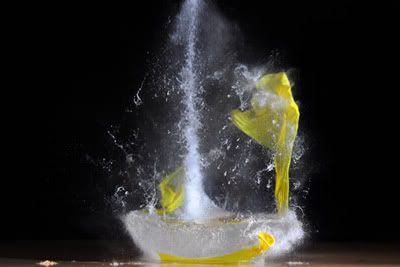


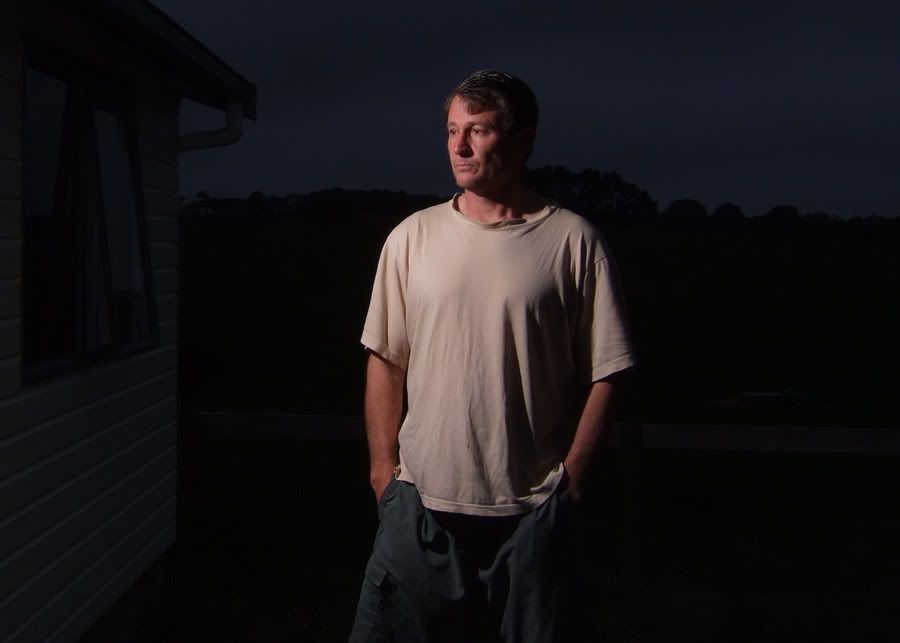



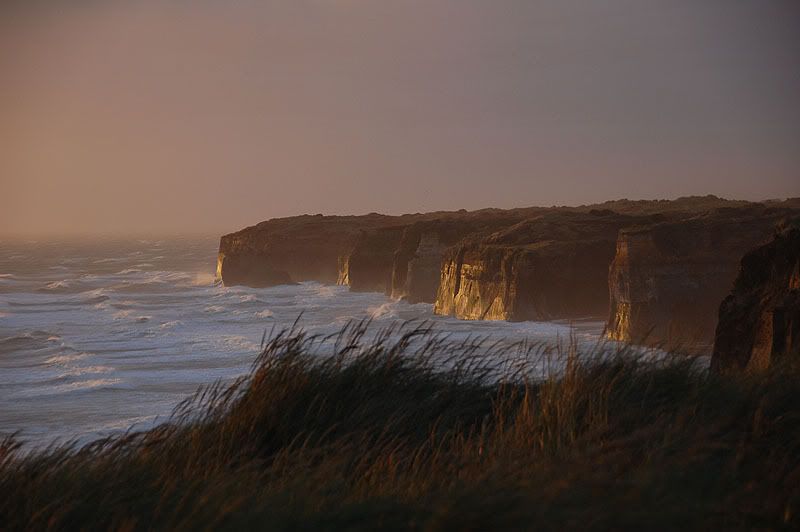

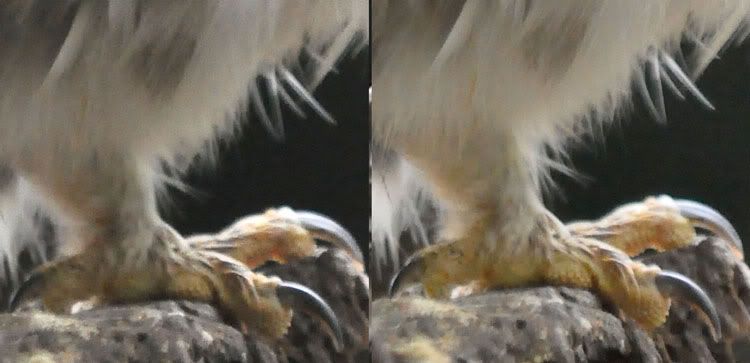

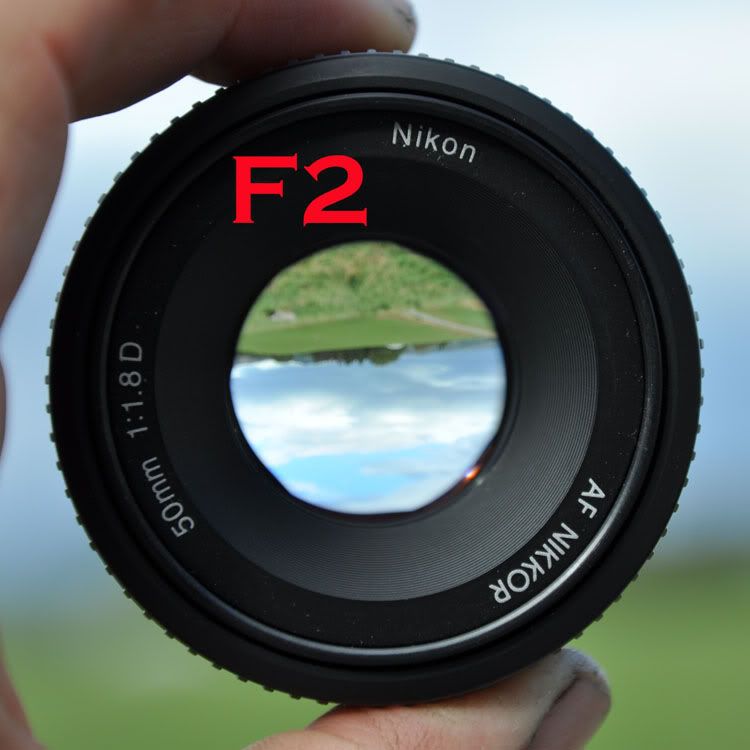

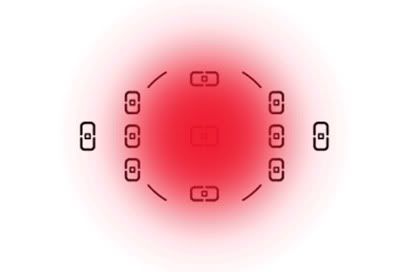




Excellent blog, Desmond!
ReplyDeleteThanks Darrell ! Hopefully it will encourage some members to join www.planetnikon.com :) - only Nikon shooters of course !
ReplyDeleteDesmond, I really enjoy your posts at FM forums. Your dedication to understanding flash is inspiring and extremely helpful. With too many settings and not enough understanding, the photog certainly limits his/her abilities when attempting repeatable and consistent quality flash pics.
ReplyDeleteThanks for the feedback :)I only started understanding it in the last year or so when i started doing my own tests !
ReplyDeleteWow! great blog! ;) Very informative.
ReplyDeleteHey Desmond, great blog. I'll get back a little later to check it out some more!
ReplyDeleteAll the best!,
Brian Carey
http://briancarey.photography.com/
http://flickriver.com/photos/brianpcarey/
Thanks for the feedback guys - feel free to add to it with any articles you would like to suggest !
ReplyDelete